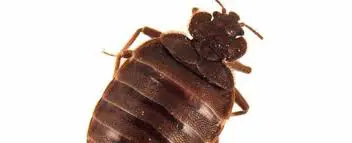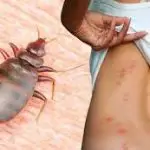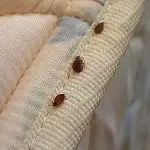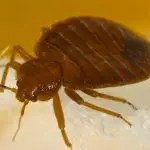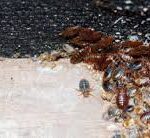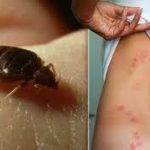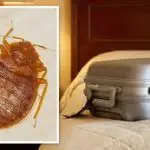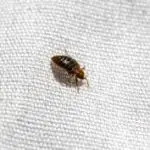What to Do When Bed Bugs Bite
If you have been bitten by bedbugs, your best bet is to seek medical attention. While mild bites can be treated with warm water and soap, severe cases may need antibiotics. Your doctor can prescribe over-the-counter anti-itch creams or even corticosteroids, if you’re experiencing severe itching. Although these treatments may not be effective for young children, they can help relieve the itching and prevent infection. In addition to these, washing the affected area with soap can also help relieve the itchiness.
Itching is one of the most common signs of bedbug bites. Although the itching associated with bedbugs is significant, it does not feel nearly as bad as the sting a bee could deliver. The majority of people will only experience mild to moderate itching after a bite, and this reaction may not be present at all.
In severe cases, bedbug bites can cause a severe allergic reaction and skin infection. To protect yourself from this type of allergy, it’s best to visit a dermatologist. They can prescribe highly effective treatments. A doctor will also recommend a few changes to your home to minimize the likelihood of an infestation.
Bedbug bites may be difficult to diagnose, as they look similar to those of other insects. To help make the diagnosis, your health care professional will ask detailed questions about your symptoms and perform a physical examination. They’ll focus on the skin and other organ systems to look for signs of an infection or allergic reaction. Typically, there’s no need for blood tests, but specimens from the area affected may help.
